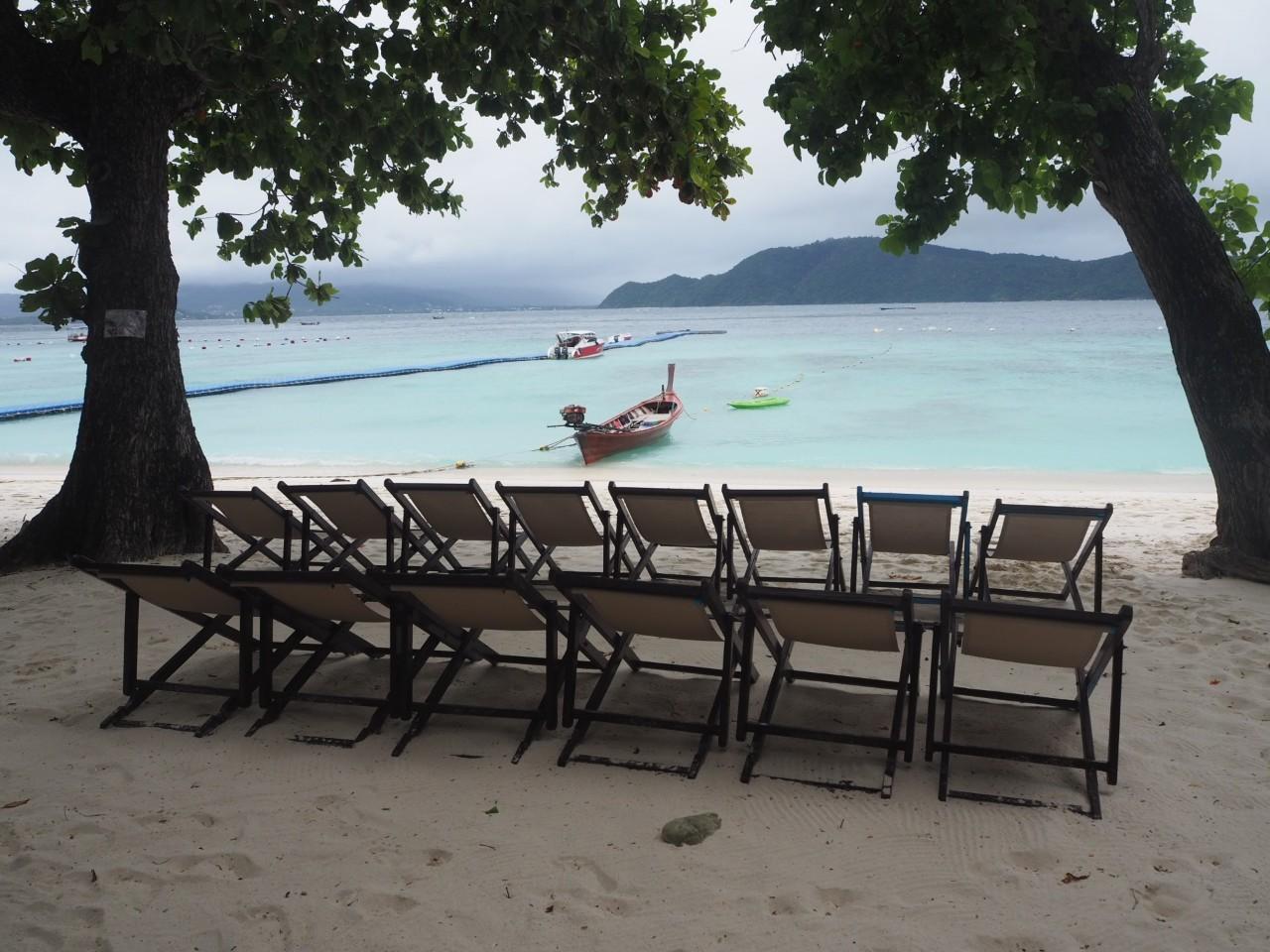
Hoteliers are delaying their decisions on whether to join the alternative state quarantine (ASQ) programme as the emergence of new local cases has slowed down bookings.
Marisa Sukosol Nunbhakdi, president of the Thai Hotels Association (THA), said operators are likely to wait for the distribution of vaccines globally, which could result in an easing of quarantine requirements for visitors inoculated against Covid-19.
Thailand is expected to maintain a mandatory quarantine rule throughout the year, but it is difficult to predict demand, said Mrs Marisa.
She said some alternative local quarantine (ALQ) hotels in Phuket are considering whether to continue with the programme as international flights and tourists are still scarce, while a new surge in local infections has led to a deterioration in sentiment with regard to travel.
The Public Health Ministry has still not provided any concrete guidelines for hotels that want to withdraw from the programme.
However, THA would like the ministry to allow hotels to reactivate their ASQ or ALQ status if demand returns because certified hotels already invested a lot in securing that certification.
Prin Pathanatham, president of ASQ-ALQ Club Thailand, said the overall occupancy rate for ASQ hotels this month recorded a 30% drop to 6,000-7,000 rooms per day from its peak of 9,500 rooms in December due to the fresh wave of new infections.
The tepid response is expected to continue through February, with a 30-40% decline in forward bookings.
Mr Prin said foreigners postponed their plans because of uncertainties regarding interprovincial travel, while many countries are imposing new lockdowns, which has affected the number of active flights.
The club has 122 members categorised as ASQ hotels, with a total of 17,000 rooms.
"Even though vaccines are being developed, ASQ hotels still remain vital, at least until the end of this year," he said. "But services will change once members of the public become inoculated."
Possible scenarios include offering a service for people who receive the first dose of a vaccine and want to monitor the situation before receiving the second dose, or offering a service for travellers visiting the country on a short business trip who may wish to opt for an ASQ hotel, said Mr Prin.
The need for quarantine will remain so long as there are uncertainties regarding the effectiveness of vaccines, he said.
However, once quarantine is not compulsory and international flights resume, hotels may consider converting back to their normal operations, said Nattakorn Arunanondchai, managing director of Siam Mandarina Hotel, an ASQ facility in Bangkok.
